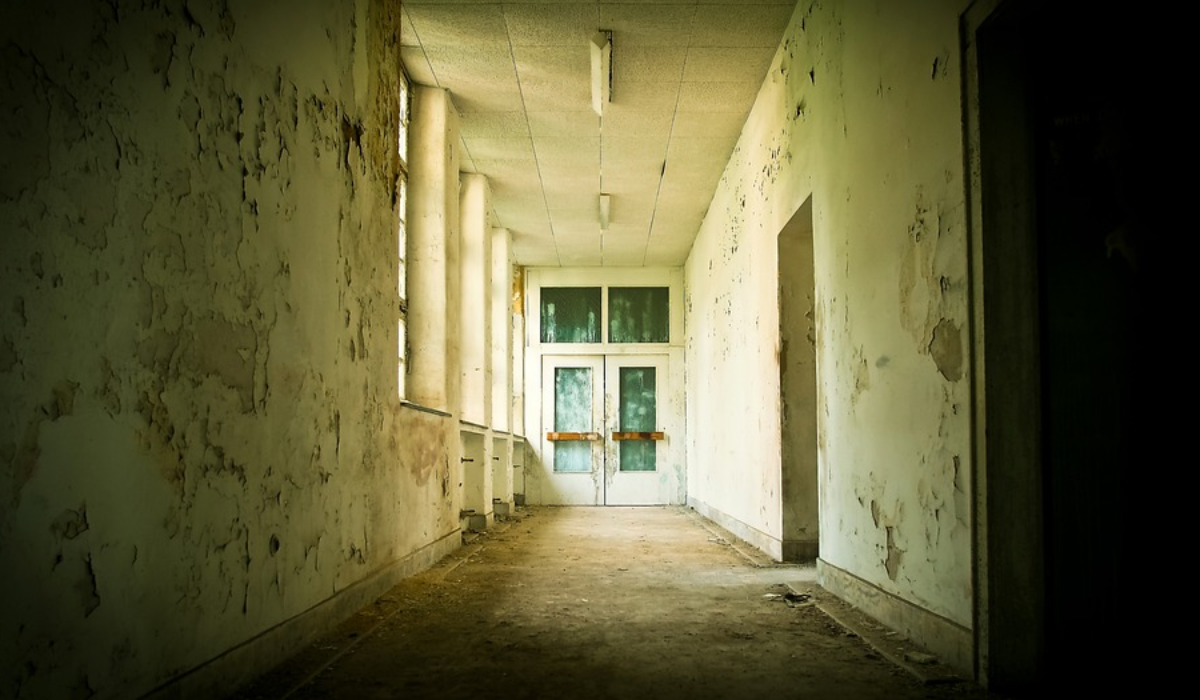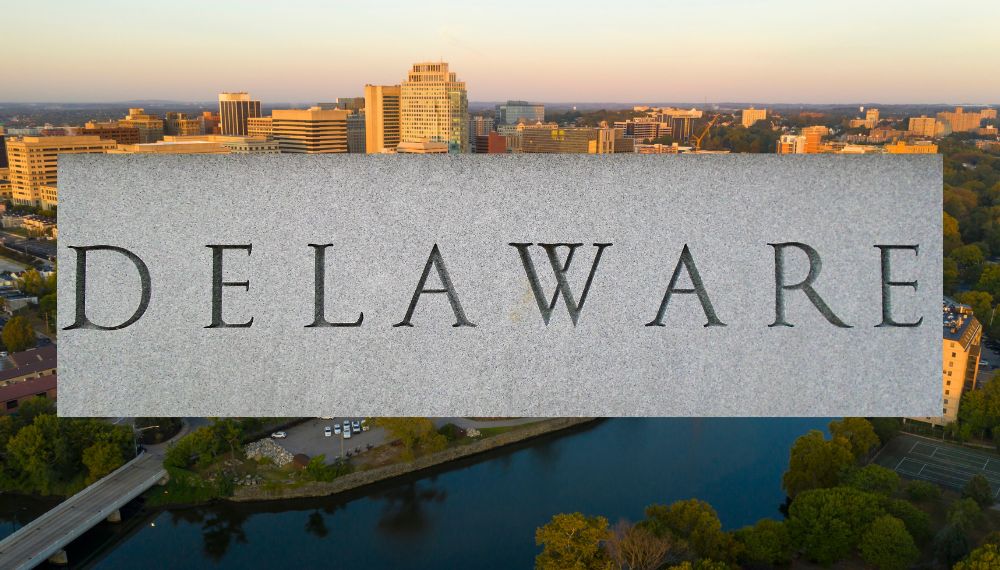How To Find Troubled Properties as a Real Estate Investor?
- January 12, 2023
- admin
- Category: Real Estate

Are you a real estate investor looking for your next ample opportunity? Look no further than troubled properties.
These properties, often referred to as fixer-uppers or distressed properties, may come with some challenges, but they also offer the potential for substantial profits.
In this article, we’ll reveal the secrets of how to find troubled properties and turn them into profitable investments. So, buckle up and get ready to make some money!
What Does it Mean by a Distressed Property?
A distressed property is a term used to describe a real estate asset in financial trouble. It can happen for a variety of reasons, from an owner who is facing financial difficulties to a property that has been poorly maintained. Distressed properties are often sold at a discount, making them an attractive option for investors looking to profit. But what exactly does it mean for a property to be considered distressed, and what should potential buyers be aware of before making a purchase?
Types of Distressed Properties
- Pre-Foreclosure: A pre-foreclosure property is one where the homeowner defaults on their mortgage payments and faces foreclosure. These properties are often sold at a discount to investors before the bank takes them over.
- Foreclosure: The bank takes over a foreclosure property after the homeowner defaults on their mortgage payments. These properties are often sold at auction and can be a good deal for investors willing to take on a fixer-upper.
- Short Sale: A short sale is when a property is sold for less than the outstanding mortgage balance. It can happen when the homeowner is facing financial difficulties and can no longer afford to make mortgage payments.
- REO (Real Estate Owned): REO properties are owned by a bank or lender as a result of a foreclosure. These properties have already been through the foreclosure process and have been taken back by the lender.
How To Find Distressed Properties? 10 Ways That Can Help!
Distressed properties, which need significant repairs or are facing foreclosure, can be particularly tricky to find. However, these properties often offer the best opportunities for investors to get a good deal. Here are ten ways you can find distressed properties:
1. Network With Other Investors
One of the best ways to find distressed properties is to network with other investors. They can point you toward properties that need repairs or are facing foreclosure. Joining local real estate investment clubs or online groups can be a great way to connect with other investors.
2. Check For Foreclosure Listings
Foreclosure listings are a great way to find distressed properties. You can find them on your county’s trustee’s website or online.
3. Look For Properties with Delinquent Taxes
Properties with delinquent taxes may face financial distress and be a good opportunity for investors. You can check for delinquent taxes on your county’s property tax website.
4. Drive Through Neighborhoods Looking for Distressed Properties
Sometimes the best way to find distressed properties is to get out and look for them. Drive through neighborhoods and keep an eye out for properties that look run-down or abandoned.
5. Check Online Classifieds and Auction Sites
Online classifieds and auction sites can be a great way to find distressed properties. Check sites like Craigslist and auction sites like eBay for properties that need repairs or are facing foreclosure.
6. Contact A Real Estate Agent
A real estate agent can be an excellent resource for finding distressed properties. They often have access to many properties, including those yet to be listed on the market.
7. Check Local Newspapers
Local newspapers often list properties that are in foreclosure or need repairs. Check the classified section or the legal notices section of the paper.
8. Check With Local Government Agencies
Local government agencies often have lists of properties that are in foreclosure or need repairs. Contact your county’s housing department or land bank for more information.
9. Network With Local Contractors
Contractors often know of properties that need repairs or are facing foreclosure. They may be willing to share this information with investors.
10. Check With Local Banks and Lending Institutions
Banks and lending institutions often have lists of properties that are in foreclosure or need repairs. They may be willing to work with investors to sell these properties.
What to Consider Before Buying a Distressed Property?
Before deciding to buy a distressed property, it’s essential to weigh the pros and cons and consider the following factors.
Location
- Is the property located in a desirable area?
- Are there any upcoming developments or improvements planned for the area?
- What is the overall condition of the surrounding properties?
Cost
- How much is the property being sold for?
- What are the estimated costs for repairs and renovations?
- Are there any hidden costs, such as unpaid taxes or liens?
- What is the potential return on investment?
Condition
- What is the overall condition of the property?
- Are there any major structural issues or damages?
- Are there any health or safety hazards?
- What is the condition of the roof, plumbing, and electrical systems?
Permits and Zoning
- Are there any permits or inspections that need to be completed?
- Are there any zoning restrictions or requirements?
- Are there any outstanding citations or fines?
Before deciding on a distressed property, it’s essential to take the time to evaluate all of these factors.
Consider seeking the advice of a real estate agent or contractor before making a purchase. Investing in distressed property can be a great opportunity, but weighing the potential risks and rewards is essential.
With proper research and due diligence, you can make an informed decision and potentially profit from your investment.
What are the Advantages of Buying a Distressed Property?
When it comes to buying a distressed property, there are many advantages, such as:
- Lower Purchase Price: Distressed properties are often sold at a lower price than comparable non-distressed properties. It is because the owners are often motivated to sell quickly and are willing to accept less for the property.
- Potential for Quick Return on Investment: If you can make repairs and upgrades to a distressed property, you can turn a profit quickly by reselling the property or renting it out.
- Opportunity for DIY Projects: If you enjoy home renovation and remodeling, buying a distressed property can allow you to put your skills to work and create a home that is customized to your tastes.
- Ability to Negotiate: Because distressed properties are often sold at a lower price, buyers may have more leverage in negotiations with the seller.
- Potential for Long-Term Appreciation: If you can make repairs and upgrades to a distressed property, it may increase in value over time, resulting in a significant return on your investment.
- Less Competition: Because distressed properties are less desirable to some buyers, there may be less competition when purchasing one, making it easier to close the deal.
- Helping Communities: You may help revitalize a community by investing in and fixing distressed property. It can bring life back to a neighborhood and increase property values for everyone.
What are the Limitations of Buying a Distressed Property?
There are several limitations to buying a distressed property, which is a property in financial distress and typically sold at a discounted price. Here are a few:
- Condition of the Property: Distressed properties are often in poor condition physically and structurally. They may need significant repairs or renovations to be livable, and the cost of these repairs can be substantial.
- Title Issues: Distressed properties may have outstanding liens or judgments that need to be cleared before selling the property. It can be time-consuming and costly, and there is always the risk that the title will not be clear, making it difficult or impossible to sell the property in the future.
- Risk of Fraud: There is a higher risk of fraud when buying a distressed property, as scammers may take advantage of the situation to defraud buyers. Do your due diligence and work with a reputable real estate agent or attorney to ensure you get a fair deal.
- Legal and Financial Issues: Buying a distressed property can involve many legal and financial considerations. It’s essential to work with professionals, such as a real estate attorney, to ensure that you understand the terms of the sale and the potential risks and liabilities associated with the property.
- Lack of Transparency: Distressed properties are often sold through short sales, foreclosures, or auctions, so it may be challenging to know the property’s condition. You may not have an inspection and look at the property before buying it.
- Financing: Distressed properties may be difficult to finance, as traditional lending institutions may be hesitant to provide loans for properties in poor condition or with outstanding liens or judgments. You should look for alternative financing options, such as hard money loans or private lending.
Final Thoughts on How to find troubled Properties
How to find troubled properties as a real estate investor can be a great way to find deals and make a profit. Finding these properties takes a bit of research and knowledge, but it can be worth it in the end. By understanding the different types of distressed properties, knowing where to look, and being prepared to take action, you can find great opportunities in the real estate market. Always do your due diligence and work with a reputable team to ensure a successful investment.





